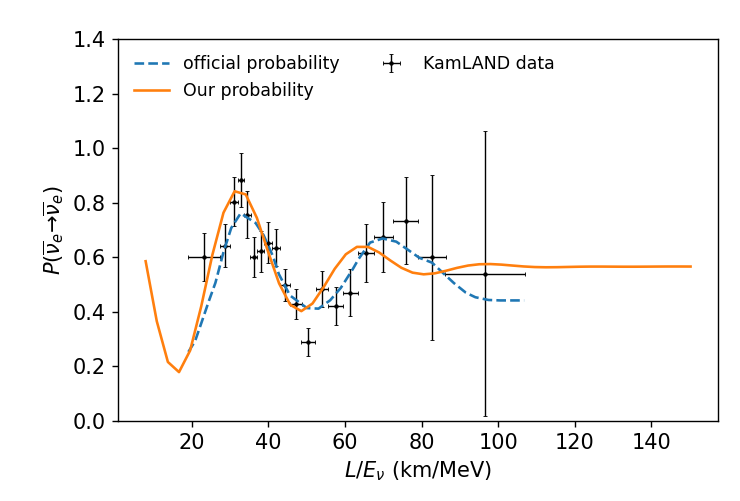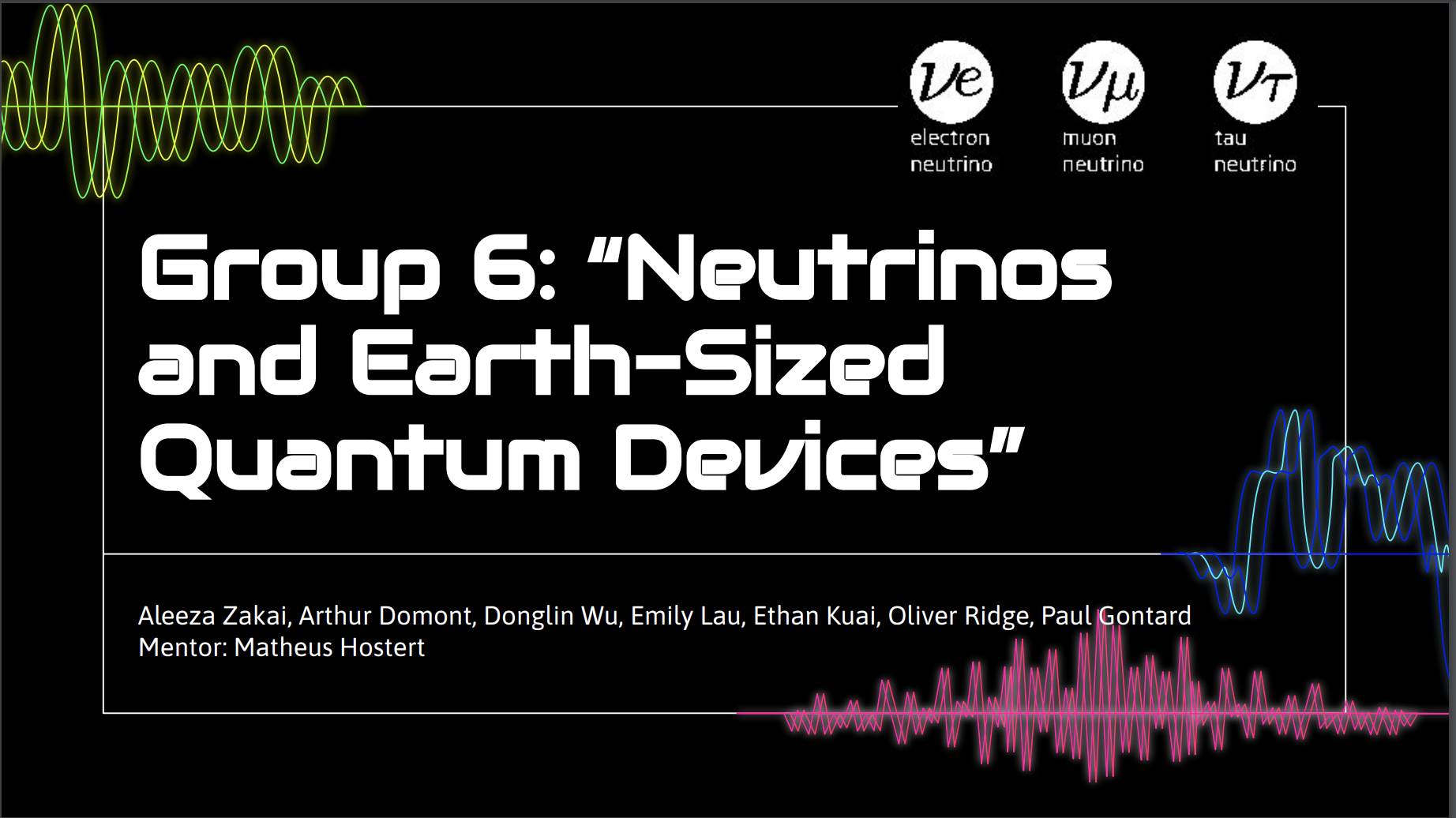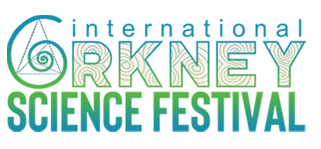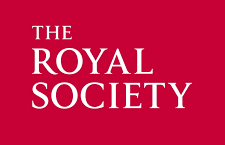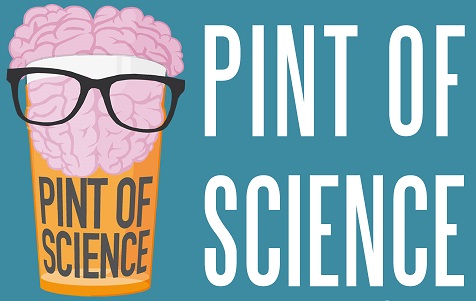Outreach
IceCube Masterclass 2024
This year, we will host an IceCube Masterclass at Harvard. This event brings high-school students to campus to interact with the IceCube group and learn more about neutrinos and the universe. Students will be able to talk to the winterovers at the South Pole, analyze real IceCube data, and learn more about what a physicist does. You can find the Masterclass poster ad here.
Here are some other fun IceCube outreach resources. See for example the Rosie and Gibbs comics I translated to Portuguese here.
Perimeter ISSYP 2022 and 2023
I tutored students at the Perimeter International Summer School for Young Physicists (ISSYP). The tutorials involved basic concepts in particle physics as well as hands-on sessions on Python to calculate neutrino oscillation probabilities. You can read the insidetheperimeter.ca article on the 2022 edition of the event.
- Notes: all exercises.
- Final coding exercise: plotting the electron-neutrino disappearance probability at KamLAND.
- The poem written by the students at the end of the week:
KITP Teacher’s Conference 2022
For the 2022 edition of the KITP teacher’s conference, I gave a talk on the five headlines that the public may see coming out of particle physics. The talk was recorded and slides can be found here.
The Orkney Festival
In 2018, the IPPP team participated in the 2018 edition of the Orkney Science Festival. Led by Prof. Alex Lenz, we visited several small islands of the Orkney archipelago, gave talks to local schools, and participated in the main programme in Kirkwall, the largest town of the archipelago.
Royal Society Summer Exhibition
In 2017 and 2018, I had the pleasure to volunteer and help organize two Royal Society Summer Exhibitions in London. Here are some great resources that came out from these events.
Ghosts in the Universe (2018) was an exhibitions about neutrinos, jointly organized by Queen Mary University of London and Durham University. As part of the exhibition, we helped create several outreach resources on the topic.
Neutrinoscope: visualize neutrinos from the Sun, atmosphere, reactors, and the Earth.
Neutrino game: interact with neutrons around you to avoid being destroybed by the charge-current force. Developed by Sunil.
Hyper-Kamiokande virtual reality: View of the inside of the Super-Kamiokande neutrino detector with a VR experience developed by the Queen Mary University group. See the preview video.
Modellng the Invisible (2017) showed the public how particle physicists can learn about fundamental physics from particle collisions at the Large Hadron Collider. The engineers at the Physics department helped build a toy model of a dark matter experiment. The public could then control the design of their own detector and attempt to discover the simulated dark matter. The exhibition was organized by the Institute for Particle Physics Phenomenology at Durham University, see their outreach video.
Pint of Science 2017
With colleagues from the Physics and Biology departments of Durham University, I helped organize the very first Pint of Science event in Durham, UK. We had exhibitions from the Institute of Computational Cosmology and the Institute for Particle Physics Phenomenology.



